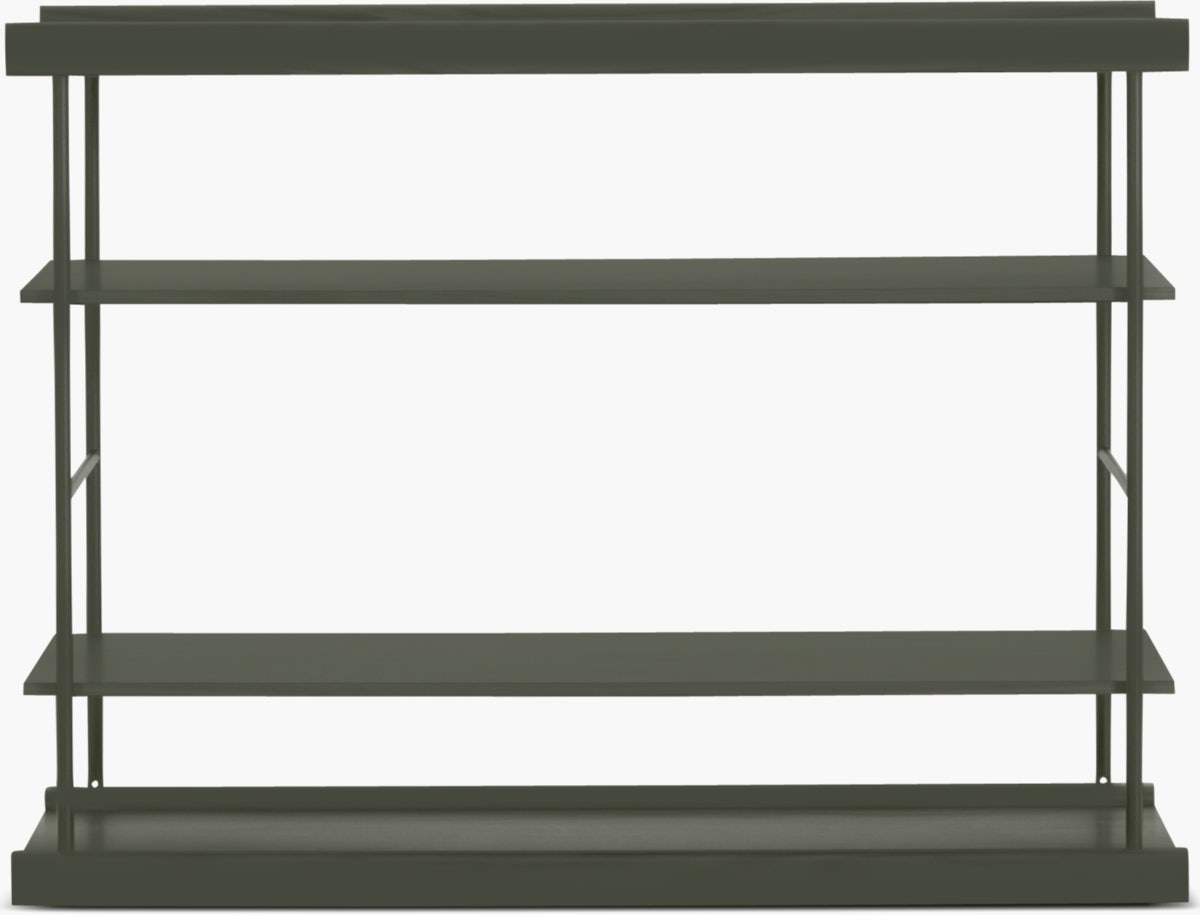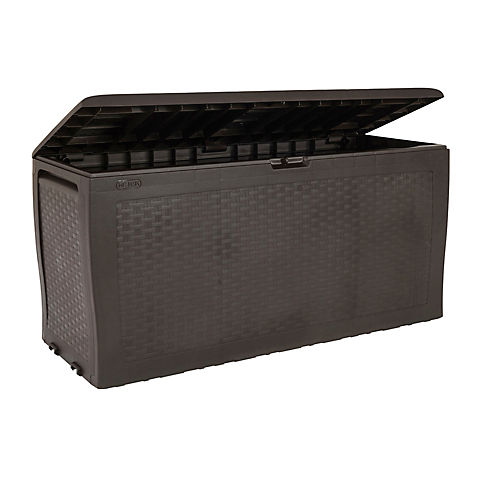Juggernaut Storage 36″W x 18″D x 56″H 4-Shelf Resin Shelving Unit, 600 lb Capacity Black
Poles and shelves snap into place for quick and easy, no-tools-required assembly. Sturdy feet elevate the shelving unit, helping to prevent mildew, mold, and water damage to items on the lowest shelf.
This standalone shelf is ideal for laundry rooms, garages, basements, pantries, warehouses, or any cluttered home or office space. The sturdy light-weight design features 4 ventilated high-impact resin shelves that will never rust, dent, or peel and are chemical-resistant. No tools required assembly allows for a quick and easy set up in any space.
- Poles and shelves snap into place for quick and easy, no-tools-required assembly.
- Sturdy feet elevate the shelving unit, helping to prevent mildew, mold, and water damage to items on the lowest shelf.
- Designed for indoor or outdoor use, the durable ventilated resin shelves help prevent mold & mildew damage and allow easy rain drainage if used outdoors.
- 150 lb shelf capacity
Additional information
| Manufacturer Part Number | RS3618-4BLK |
|---|---|
| Assembled Product Weight | 18 lb |
| Assembled Product Dimensions (L x W x H) | 18.00 x 36.00 x 56.00 Inches |






by Daniel
Easy to put together, sturdy, cost effective. Great size, and lightweight enough to move around when you change your mind about storage location.
by Katrina
This product is exactly what I needed. Easy to assemble, use and quality product.
by Tamika
Great product, very strong. Easy to put together and strong.
by Gale
Easy to put together, moveable without falling apart, lightweight, and is sturdy. Much better option than some metal ones on the market.
by Jennifer
Hard to put together because plastic was untrimmed. Yet, once “groomed,” it is sturdy. Just what we needed.
by James
Light, easy to put together in tight basement space.